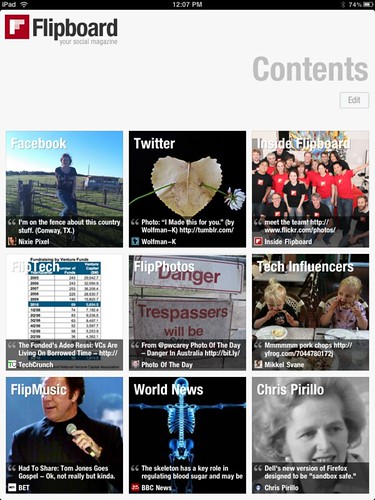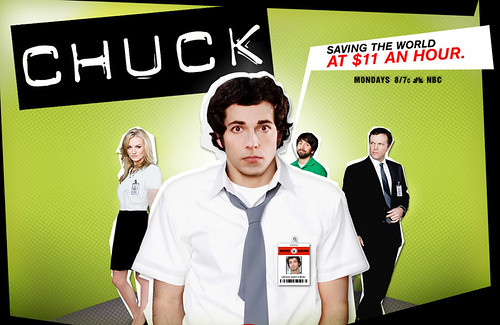When @damiankahya and I took on the editorial reigns of The Cambridge Student newspaper in 1999/2000, we stood on a platform of sweeping change and reform…. and, erm, well, mainly incremental improvement. One of the promises we made to secure the exalted and revered roles of editors-in-chief was to bring the paper online. After all, it was the dawn of a new millennium.
WordPress, however, and its fellow open-source CMS kin, were just twinkles in the eyes of their creators – and so we persuaded our friend (and Science Editor), codename ‘Horney’, to build a system for us from scratch. Which he did an admiral job of – and gave us a platform that provided us with some more instant feedback – primitive, article-specific reader stats. It was great to get this in an environment where we hardly ever received letters to the editor, and where comments, Tweets and ‘sharethis’ links were just a little too far into the future, never mind Google Analytics.
However, Horney had a more effective way of eliciting a response from his readers. In a classic example of ‘knowing your reader’ (and before the Internet ruined it for everybody), Horney would publish a ‘mindbender’ puzzle as a regular recurring feature. Sometimes physics or mathematics related, but more often just an absolute brain muddle, the puzzle elicited responses with the tantalising promise a piece of cheap confectionary of Horney’s choosing for the quickest or most elegant solution delivered by email. Dozens of readers would have responses to us within a few hours of the papers hitting the colleges on a Thursday morning.
Idle students? Or did Horney just gauge the target audience well?
The column doesn’t seem to have endured, telling us nothing (in fact, a science page seems to be missing from the pages of the latest edition of TCS). Maybe we just struck it lucky? Or maybe the current editors of TCS can’t stretch to the inflation busting cost of chocolate bars today, or are once against facing off against the arts/sciences journalism schism…
Sidebar: the application for the roles of editors-in-chiefs at TCS is a 400 word statement including relevant experience. I still have the 52 page plan that Damian and I developed, complete with design mock-ups, to win the top jobs. Young people these days…





